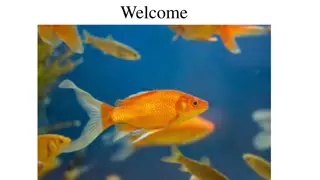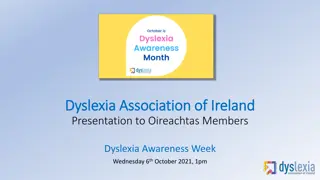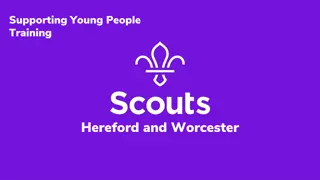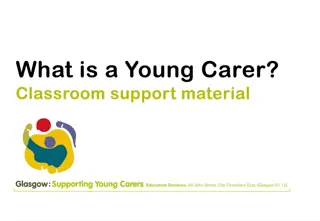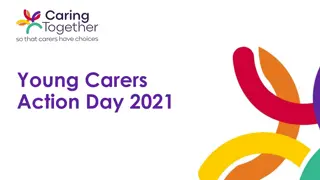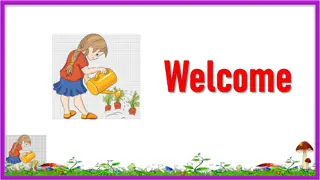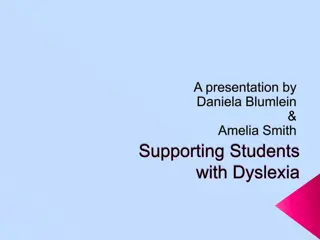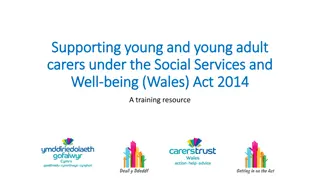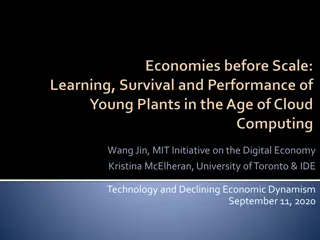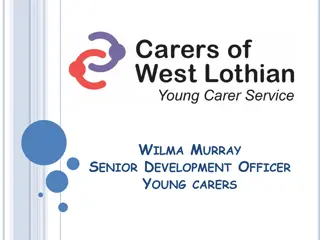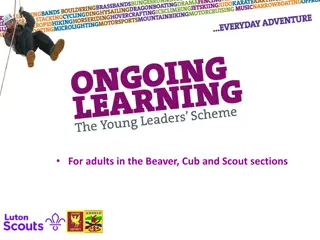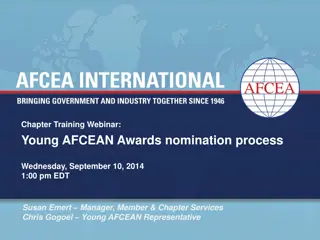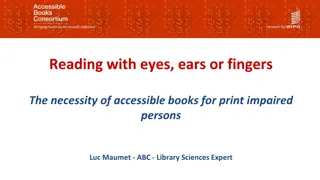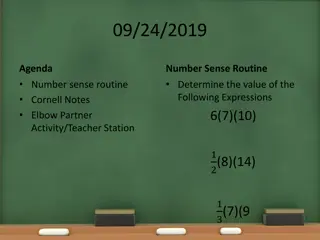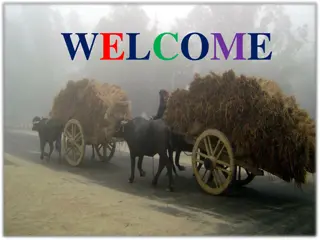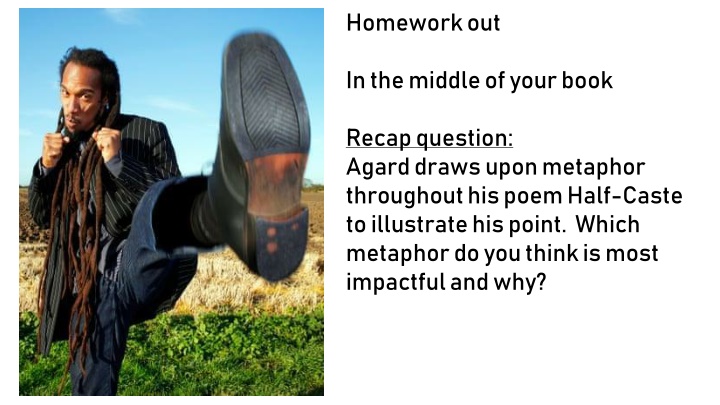
Analyzing Metaphors and Embracing Diversity in Literature
Explore the powerful metaphors used by Agard in "Half-Caste," alongside Benjamin Zephaniah's perspective on dyslexia. Dive into the impact of single stories, personal anecdotes, and challenging societal perceptions. Reflect on how these literary tools shape ethos and pathos in readers.
Download Presentation

Please find below an Image/Link to download the presentation.
The content on the website is provided AS IS for your information and personal use only. It may not be sold, licensed, or shared on other websites without obtaining consent from the author. If you encounter any issues during the download, it is possible that the publisher has removed the file from their server.
You are allowed to download the files provided on this website for personal or commercial use, subject to the condition that they are used lawfully. All files are the property of their respective owners.
The content on the website is provided AS IS for your information and personal use only. It may not be sold, licensed, or shared on other websites without obtaining consent from the author.
E N D
Presentation Transcript
Homework out In the middle of your book Recap question: Agard draws upon metaphor throughout his poem Half-Caste to illustrate his point. Which metaphor do you think is most impactful and why?
How does Benjamin Zephaniah incite us to consider the single story of having dyslexia as well as challenging how this single story makes us behave towards those with dyslexia?
How does Benjamin Zephaniah incite us to consider the single story of having dyslexia as well as challenging how this single story makes us behave towards those with dyslexia? What is the single story of dyslexia, according to Zephaniah? What do we learn about Zephaniah s own journey with dyslexia and his response to having dyslexia? How impactful do you think his message is both to dyslexics and non-dyslexics? Is there a particular word, phrase, image or structural choice that really impacts upon you? How do both Adichie in The Danger of the Single Story and Zephaniah in Young and Dyslexic use anecdote within their writing? To what extent would you say the use of anecdote is a powerful way to create ethos and pathos in their audience / readers?
P point E draws upon evidence D develops someone s point C contests someone s point Q asks a question Harkness discussion Harkness discussion A F B E Those on the outside need to fill in the harkness discussion sheet at the back of the booklet. C D
Reflection question: How does Benjamin Zephaniah incite us to consider the single story of having dyslexia as well as challenging how this single story makes us behave towards those with dyslexia?

